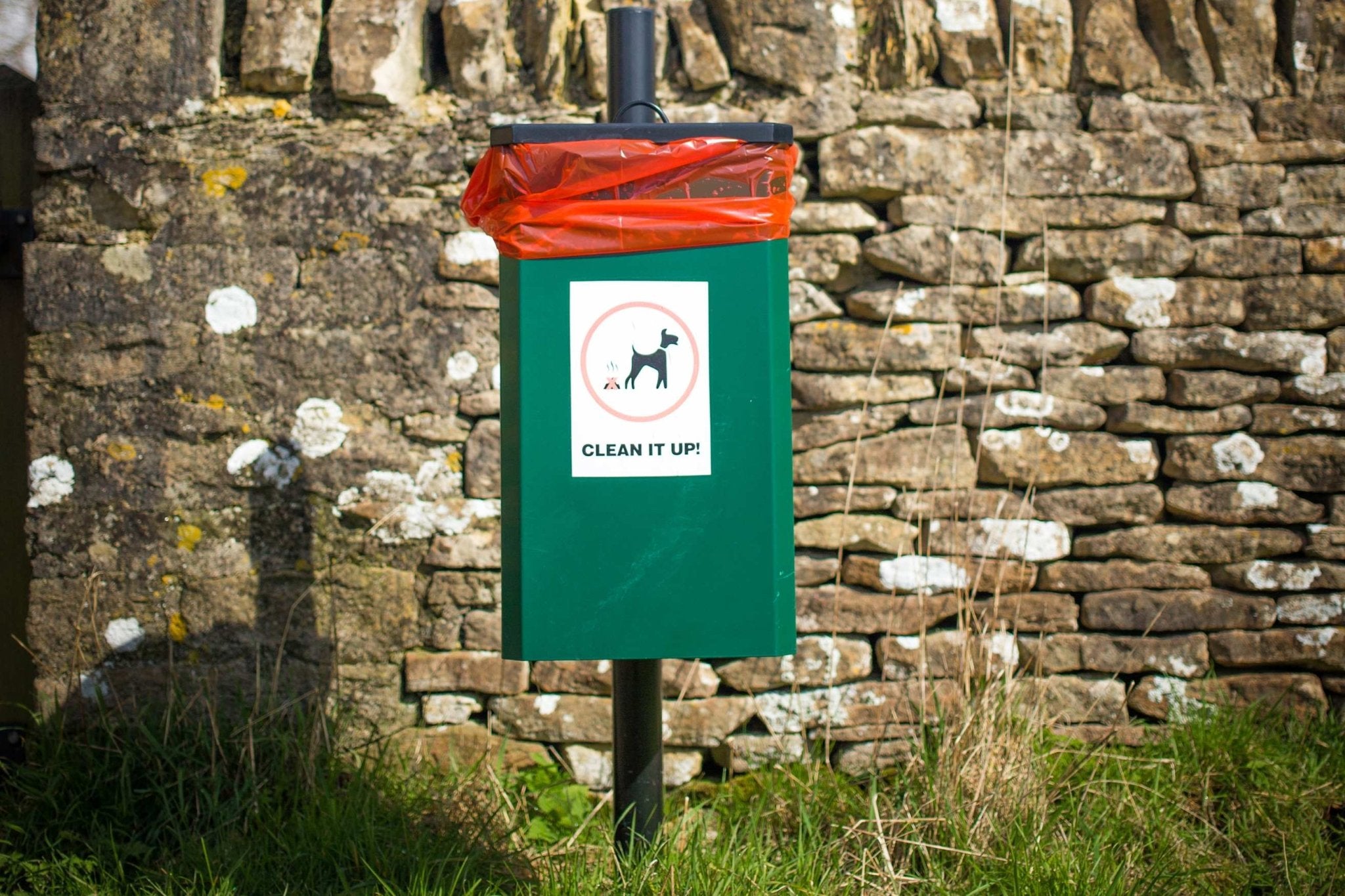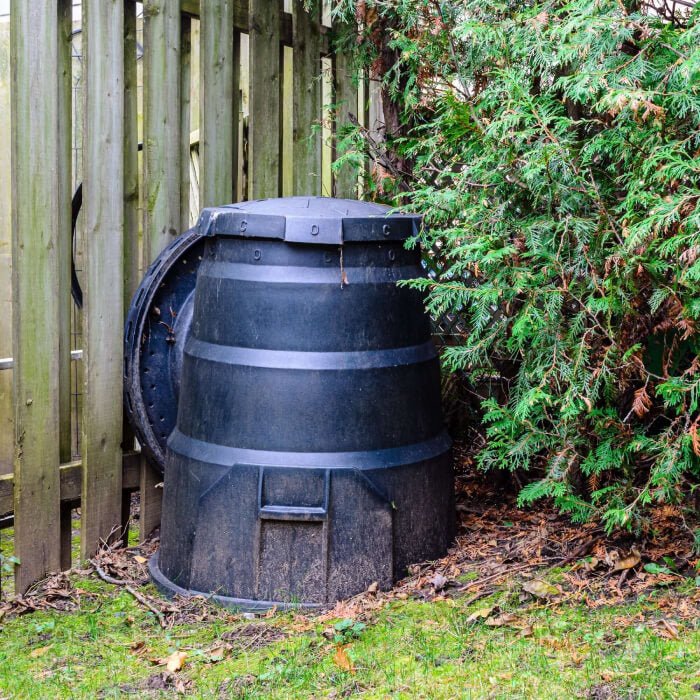
Stop overfeeding and feed alternative protein sources
-
Stop overfeeding - ask your vet if your pet is overweight and how much you should be feeding. Or start with looking at the feeding guidelines on your particular food and weighing the food with measuring scales.
-
Choose healthy homemade treats instead of shop bought ones e.g. carrots, broccoli, flavoured ice cubes.
-
Bulk buy food.
-
Choose vegetarian or vegan food for dogs or insect food for cats. Cats are obligate carnivores whereas dogs are omnivores, meaning they can get all their essential amino acids from plants. Cats require two synthetic amino acids - taurine and arachidonic acid. Many vets have seen cats become seriously ill on vegan diets so we do not recommend this.
-
Buy food in recyclable packaging e.g. tins or paper bags or recycle your non-recyclable pet food bags with Terracycle.
Buy less, buy better products
-
Buy less products, buy second-hand or buy high quality.
-
Choose renewable materials, such as natural rubber, bamboo, hemp, recycled or organic cotton.
-
Recycle products at the end of their life.
-
Create play with food.
-
Rotate toys to make them last longer.
-
Don’t leave toys unsupervised with dogs (they will just chew them up!).

Consider composting pet poo.
-
Choose properly certified compostable poo bags or recycled poo bags or reuse non-recyclable plastic e.g. crisp packets or sandwich bags, which are already destined for landfill.
-
Choose cat litter made from waste or recycled materials e.g. recycled wood. Avoid clay-based litter which relays on environmentally damaging mining.
-
Consider composting dog poo or use a dog poo wormery.
-
Do not flush any pet poo down the toilet without checking with your water supplier first.

Protect wildlife.
-
If your cat would tolerate it, keep them indoors or keep them indoors during dawn and dusk (e.g. hunting times) or create an outdoor enclosure for your cat
-
Avoid walking your dog in conservation sensitive areas.
-
Attach a bell to your cats collar.
-
If your dog chases or catching wildlife, consider muzzle training them and wearing a muzzle on walks.
-
Always pick up after your dog. Dog poo contaminants the natural environment leading to habitat and biodiversity loss
Keep your pet in tip top health.
-
Ensure your pet is neutered to prevent more unwanted pets and for health benefits - speak to your vet to learn more.
-
Ensure your pet is up to date with life saving vaccines.
-
Ensure your pet is up to date with worming, lungworm and tick prevention.
-
Learn how to brush your pet’s teeth! 70% of cats and dogs have dental disease by 3 years old. Therefore it is one of the most common (expensive) procedures in veterinary practice but is entirely preventable, so usually not covered by insurance.

If getting a new pet, consider smaller breeds or species
-
If thinking of purchasing a new pet, consider a smaller breed or different (smaller) species, such as a rabbit.
-
Instead of buying, consider rescuing, rehoming, fostering or adopting a pet.
-
Consider dog walking or pet sharing with a friend, family member or neighbour.
-
Avoid buying brachycephalic breeds (e.g. Pugs, French bulldogs or English bulldogs) which are prone to a range of life-limiting diseases and welfare issues.

Choose ethical pet insurance
The insurance industry has played a substantial role in the climate crisis, therefore where your money goes each month can inadvertently fuel climate change. There are two types of insurance company: brokers and underwriters. Brokers may sell policies on behalf of one or more underwriters (e.g. Petplan sells insurance for Allianz) but some underwriters may sell directly to the public. Most of us will buy insurance through a broker so you can find the underwriter by looking at the ‘Key Facts’ document that the broker must provide when you are deciding to take out a policy.
-
Ask your insurer about their investment policy, many insurers have vast shares in fossil fuels or insure new fossil fuel projects.
-
Choose an insurer who is part of ClimateWise - a voluntary industry led initiative to take action to combat climate change.
-
Look at how some of the biggest insurers rank here.






Leave a comment